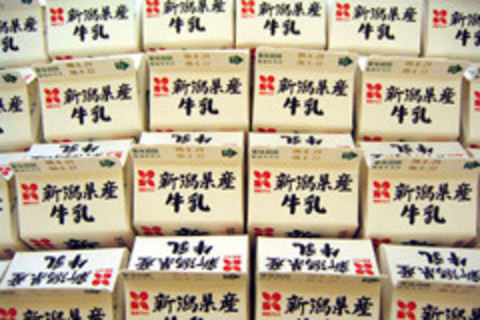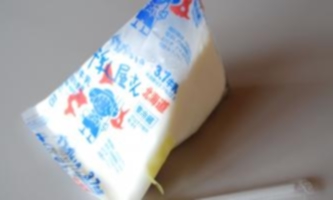New Zealand: All bets could be off for TPP

NZ Herald | 4 November 2014
Fran O’Sullivan: All bets could be off for TPP
By Alexander Speirs, Fran O’Sullivan
Trade Minister Tim Groser is back from Sydney after the conclusion of another round of Trans-Pacific Partnership negotiations.
While the most recent talks predictably failed to produce any semblance of a final agreement - Groser did return with a new and public insight— and it wasn’t promising for those in the business of agriculture.
While Groser called the talks the "most significant ministerial meeting I have attended in the past three years", the rhetoric is far from positive. It could be the first signs that the groundwork is being laid to cushion the fall of a less than optimal result after a lengthy and publicly divisive campaign.
Concerns continue to escalate that private negotiations between the United States and Japan will bring about a long-awaited conclusion to the talks, but produce a deal that could compromise New Zealand’s market access for dairy products.
On the face of it that could be enough for New Zealand to baulk at the deal on offer and walk away from any final agreement.
"We won’t be shut out of any access that’s there," said Groser. "The question is whether it’s a big enough deal for us to make an overall balanced assessment, to say ’yes, that’s good enough let’s move ahead’."
But the bottom line for New Zealand will be that any deal that fails to provide hugely improved market access and tariff reduction for agricultural products (particularly with hopes for phaseouts to zero tariffs over time) misses the gold standard mark that Groser and his predecessor, Labour’s Phil Goff, set years ago.
Japan was a late entrant to the talks last year, but has since become a focal point for US negotiators, who could struggle to gain the necessary Trade Promotion Authority from Congress in the absence of a robust deal with that nation.
That’s where the potential trouble lies for New Zealand.
The Japanese have traditionally been extremely protective of their agriculture industry, imposing high tariffs and maintaining significant barriers to entry for exports.
The TPP was never intended to be a tit-for-tat deal based on individual trade-offs, but rather a comprehensive agreement to lay the framework for a more economically integrated Asia-Pacific throughout the 21st century.
The length and depth of the negotiations to date absolutely reflect that, but it appears as though the final frames may be being brought to a rushed conclusion.
Kimberley Crewther, executive director of the Dairy Companies Association of New Zealand, said that in light of recent developments, as an organisation "it’s fair to say we are apprehensive yet remain hopeful.

"Japan have signalled that dairy is a sensitive item for them in the negotiations but, at the same time, they did sign up to coming into a TPP negotiation where leaders had agreed to a high level of comprehensiveness and ambition, so we’re hoping they stand by that commitment.
"The market access from a deal like this will broaden and deepen trade relationships. We see it as a move to increase the liquidity in the dairy market, smoothing prices and reducing volatility while increasing opportunities for trade."
Groser maintains the negotiations are a "game of two halves" and those issues tend to be discussed last because of their sensitivity. But if NZ is relegated to the sidelines in the closing phases of play - all bets are off.
• Fran O’Sullivan is a business columnist for the NZ Herald and Alexander Speirs (right) is a business journalist for Herald Business Reports





